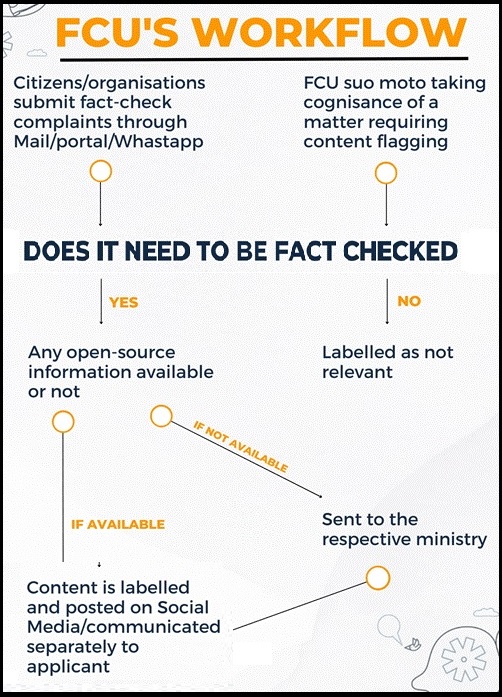7667766266
enquiry@shankarias.in
Tamil Nadu government recently ordered the creation of a fact check unit to verify the authenticity of information about the government on all media platforms.

|
Centre’s Fact Check Unit |
|
References